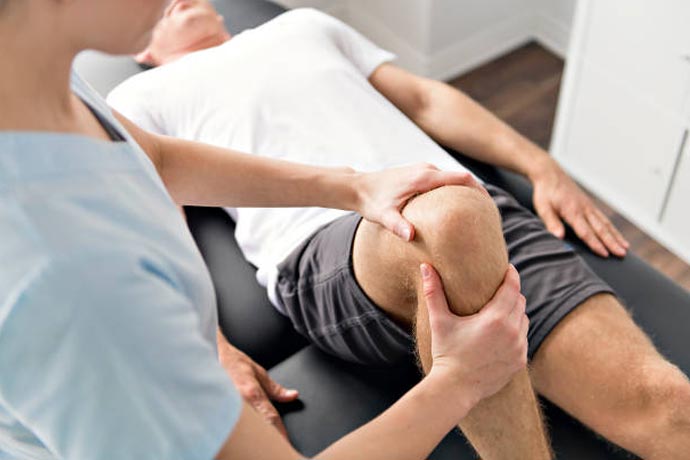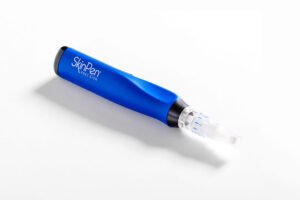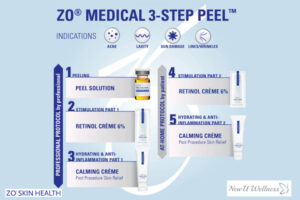Florida school require a kid or a teen to have a sports physical to make sure he or she is physically eligible to compete in their specific sport. Sports physical examines comprehensively the health and wellness of the child, checking if it’s safe for them to participate in the sport or the recreational athletic activity.
What is Sports Physical?
A sports physical, also known as pre-participation evaluation, is a physical examination of a child’s health and physical readiness to check how fit and safe for him or her to participate in a sport or recreational athletic activity.
What’s the importance of Sports Physical?
These days, a lot of schools require their students to take sports physical to know if the kid or teenager is physically fit to perform any of the selected physical activity/sports events:
- checks-in any general health concerns
- determine for any diseases that need monitoring (asthma, peanut allergy)
- knows if the child needs any immunizations
- screens for any disorders (heart disorders/other breathing conditions)
- gives knowledgeable medical risks like concussions, and prevention tips with safety precautions
What are its benefits?
The major goal of the sports physical is to generally evaluate the body’s ability to perform any physical activity, which includes health and wellness of the bodily systems such as the bones, heart, lungs, and joints.
What’s the Difference Between a Sports Physical and an annual physical?
The sports physical exam focuses on the physical fitness of the child about any physical activity, while an annual physical relates to the child’s overall well-being which includes mental health, puberty development, immunizations, sleeping, and eating habits.
Who Needs a Sports Physical?
All students are eligible for pre participation physical examination, both for private and public schools. The age range starts at 5 years old to 18 years, for both boys and girls.
What Happens During the Exam?
1. Gathering of Medical Information – the healthcare provider will provide the parent with a medical history form to fill up and answer questions related to medical history, which includes :
- Genetic in nature conditions among family members or serious illnesses
- Past and current illnesses (epilepsy, asthma, diabetes)
- Hospitalization history and past surgeries
- Allergies
- Past and present medications (prescription medications, over-the-counter medications, herbal supplements)
- Past and present injuries (strains, concussions, broken bones, sprains)
- History of passing out, dizziness, chest pain, or trouble breathing
- Nature of Diet, exercise, and other lifestyle issues
2. The child undergoes physical examination that includes:
- Height and weight measurement
- Taking blood pressure and pulse rate
- Vision test
- Listening to the heart and lungs
- Physical checks to certain body parts for look and feel observation
- Examining the throat, nose, ears, and abdomen
- Testing for strength, flexibility, and posture
- For boys checking for a hernia or problem with their testicles
What should I prepare for the sports physical exam?
Before going for the exam make sure to bring your proper identification and the following medical information:
- list of history of injuries and infections
- records of allergies
- list of immunizations
- records of the history of trouble breathing, dizziness, or chest pains
- list of medications and supplements
- records of past and present illnesses/ surgeries
- list of weight history
- records of the use of contact lenses or dental appliances
- list of family or medical history (enlarged heart, heart murmurs, high blood pressure, concussions, and other conditions related that affects the sports activity)
When is the best time should my child to get the sports physical exam?
It depends on the state, school district, or sports requirement date. It is recommended to ask in advance the scheduled required dates from the state-in-charge, school district, or sports coordinator so you can prepare all the requirements for the exam.
What’s the difference between girls' and boys' sports physical?
Usually, most of the exam is the same for both girls and boys. However, for girls, there are additional questions related to diet and nutrition, bone health, and menstruation.
Is it possible to use sports physical also as a physical for school or daycare?
Usually, most schools use sports physical for sports participation only and not related for other physical for school or daycare.
What if my child does not pass in his or her sports physical?
The exam is designed to keep the child healthy and safe. The medical practitioners will work with the child’s pediatrician to ensure the child is taken care of and treated so he or she can be cleared and eligible for the exam.
What are the possible findings of the exam?
As based on the results of the exam the child is evaluated as either:
- Medically fit to participate in all sports without restriction
- Medically fit to participate in all sports without restriction with recommendations for further testing and treatment
- Medically fit for certain [event] sports
- Not medically fit and pending further evaluation
- Not medically fit for any sports
Fort Myers, FL’s Most Trusted Wellness Center
Learn and discover your child’s physical health and wellness with NewU Wellness’ Sports Physical program in Fort Myers, Florida. Our Sports Physical screening provides comprehensive medical examinations which include checking for recent concussions, hernias, heart conditions, or asthma.
Our team of medical practitioners has the experience and skills to examine your child’s physical condition, whether to check for illnesses or help to prevent any physical harm, your child’s health and wellbeing are always our top priority.
To learn more about sports physical and other services message NewU Wellness online or call us at (239) 789-2184 today!







